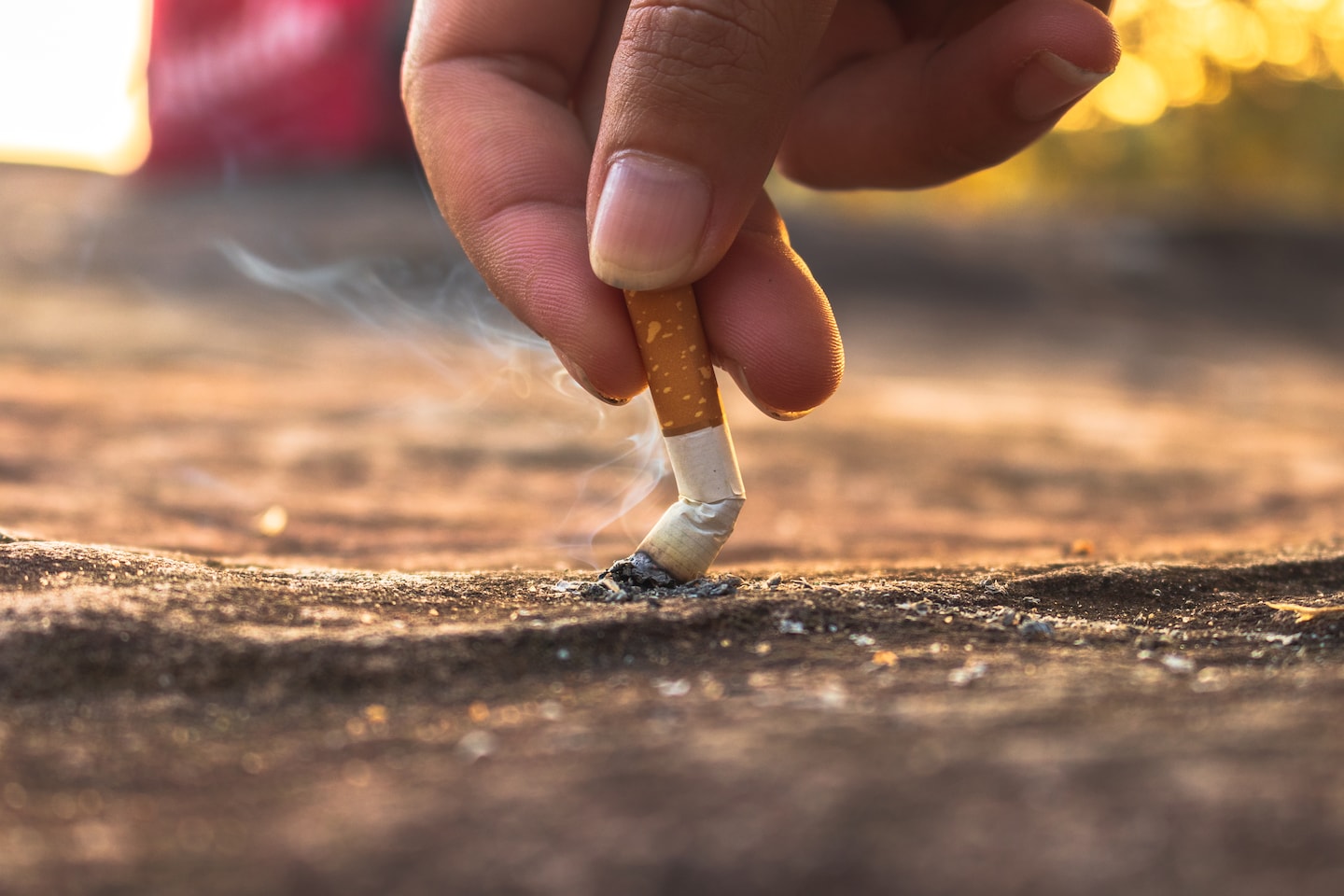“This bill will create generational change, and it will leave a legacy of better health for our youth,” Associate Health Minister Ayesha Verrall said Tuesday.
Under the new changes, retailers who sell tobacco to anyone born on or after Jan. 1, 2009 — those around 13 years old or younger today — will face fines of up to 150,000 New Zealand dollars, or around $96,000. The ban will go into effect on Jan. 1, 2027, when those born in 2009 will start turning 18.
The legislation also overhauls several existing tobacco laws by reducing the number of retailers authorized to sell tobacco in New Zealand to 600 and imposing stricter nicotine limits in smoked tobacco products.
“Thousands of people will live longer, healthier lives and the health system will be $5 billion better off from not needing to treat the illnesses caused by smoking, such as numerous types of cancer, heart attacks, strokes, amputations,” Verrall said in a press release.
The ban comes as other countries weigh similar proposals to curb tobacco use. Ireland and Wales have set similar goals to render their countries smoke-free within the decade.
In March, Denmark unveiled a proposal to ban tobacco sales to those born after 2010, but European Union laws prevented it from enacting the ban. Bhutan passed a sweeping ban on tobacco products in 2010, but an underground market began flourishing there and the government temporarily lifted its ban during the first year of the pandemic.
New Zealand’s bill passed through its parliament 76-43 with support from left-leaning parties, including the leading Labour Party. Members of the right-leaning New Zealand National and ACT New Zealand voted against the ban.
One ACT leader called the new measures “nanny-state prohibition” during Tuesday’s parliamentary session.
The new laws come as New Zealand’s government nears a self-imposed deadline for a decade-long commitment to eliminating smoking, which began after a 2010 inquiry by the Māori Affairs Committee. The committee, which examines issues affecting the country’s Indigenous population, reported on tobacco’s health effects and its disproportionately severe toll on the Māori population. In 2011, the government pledged to reduce smoking to under 5 percent of the population by 2025.
Smoking rates have steadily declined in New Zealand since then, according to a report issued by the Health Ministry. Eight percent of adults in the country smoke daily, according to New Zealand’s latest health survey, though smoking rates among the Māori population remain higher, at 19.9 percent.
Tuesday’s legislation follows years of annual tax hikes on tobacco products and mandates to display health warnings on tobacco packaging, while alternatives like vaping have risen in popularity. Still, data showed New Zealand would fall short of its goal without more drastic measures, said Nick Wilson, who studies tobacco control at New Zealand’s University of Otago.
“Progress was occurring, but it wasn’t fast enough,” Wilson said.
Wilson said several factors might aid New Zealand in enforcing its ban: The country lacks a large domestic tobacco-growing base and, as an island nation, can more easily guard its borders against illicit imports.
The generational ban on tobacco sales also may not be the most important part of the new laws, Wilson added. Clinical trials suggest that restricting nicotine levels in tobacco products will be more effective at reducing smoking rates, Wilson said. Less nicotine can make smoking less satisfying to some, and that “dramatically improves the quit rate,” he said.
If New Zealand’s bid to go smoke-free is successful, it may have to tackle the most popular alternative next: vaping. Underage vaping has increased in recent years and is also prevalent among Māori teenagers, advocacy group Action for Smokefree 2025 found in November.
“If New Zealand’s done well on tobacco control generally, it’s taken a pretty laissez-faire approach up to recently regarding vaping,” Wilson said. “Maybe there needs to a vaping endgame for New Zealand as well.”
Rachel Pannett contributed to this report.



